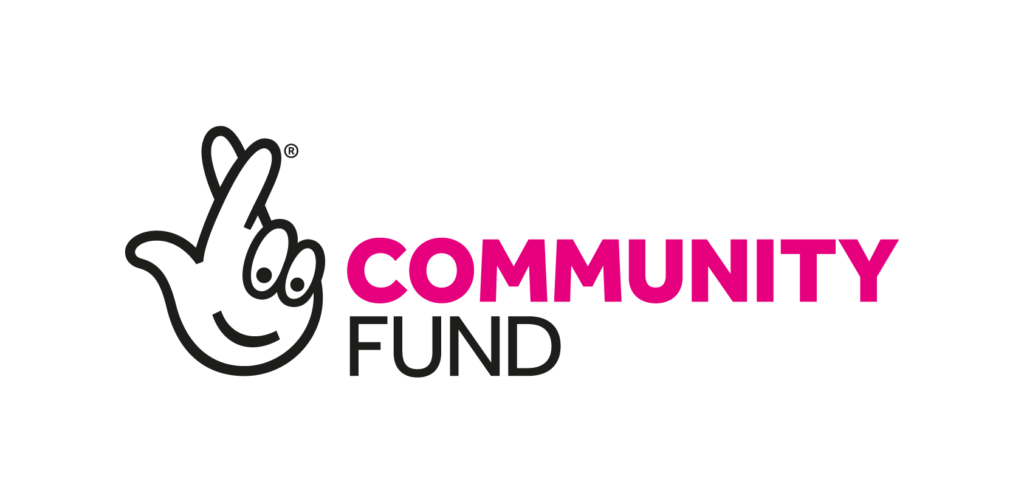Spinal Cord Injury Awareness Day 2021 gives us an opportunity to reflect what spinal cord injury means for everyday life and how it can impact all involved. Essentially, we realise that this does not comply as a ‘one size fits all’ view.
Spinal Cord Injury can occur for anyone at any time through trauma caused by accident, illness, or some other reason. This can have in the initial stage devasting effects on both the individual and those close including friends and relatives.
Many people have faced the same questions about what life holds and where the future will take them. This can include but not limiting to a fear of providing for young families, having somewhere to live, future employment and career.
This can also highlight challenges for individuals facing the prospect of a lifestyle which they are unfamiliar, including entering in to ‘civvy’ street after becoming injured through service in the armed forces, as well as veterans injured outside of service unaware of opportunities available to them.
Mental health has been and remains at the forefront of many campaigns over the years, through families who have faced challenges through the economic climate, cuts to social care and employment, Veterans with PTSD through their service, and moreover the recent restrictions due to the COVID-19 pandemic. We recognise that mental health is important and is a very individual issue.
Newly injured people are likely to have faced challenges throughout their rehabilitation through restricted visiting from relatives, meaning technology has been heavily relied upon to ensure contact with loved ones. During a time where families need comfort from each other, the lockdown situation has contributed to the pressures of early SCI, which has highlighted issues of isolation.
For people who sustain a spinal cord injury, it can feel very isolating, particularly in the early days. Our experience has shown us that normality takes a new meaning, which means horizons for action changes and our plans take a new form. This includes seeking resolution to the challenges of everyday life from the perspective of a spinal cord injured person. This can be different for everyone and dependent on the individual and their backgrounds.
Our experience has shown us that regardless of situation, the best type of support that an individual can receive is to establish their own steps to make decisions on their own lives. Alongside this, we also believe that support provided should be based on knowledge and expertise about how individuals can ensure their needs are met to ensure quality of life.
Throughout the lockdown, we have faced many challenges as a result of spinal cord injury through battles with mental health, clinical issues, and medical problems as well as fighting COVID-19 itself. During this time, we took the decision that it was time to take action to ensure a service we have provided to our respective communities could continue.
Using technology, we have been able to collaborate with governing bodies, sponsors, NHS organisations and the Defence Medical Rehabilitation Centre at Stanford Hall, we are extremely proud to be appointed as a registered Charitable Incorporated Organisation to continue the vital work of peer advice and support.
We are very much looking forward to progressing the provision of advice, support, and advocacy as well as building key partnerships with NHS organisations and DMRC Stanford Hall to provide a smooth, informal yet professional service within the small community of Spinal Cord Injury, bringing people together, helping to build confidence and empowering individuals to take the next steps in their lives, even if it is adapted.
We are extremely grateful to the support we have been given by our sponsors and mentors, who have helped make this possible.
We celebrate Spinal Cord Injury Awareness Day, through the online launch of our CIO Peer Advice Services UK (PAS UK).
We wish you all a happy Spinal Cord Injury Awareness day 2021.

